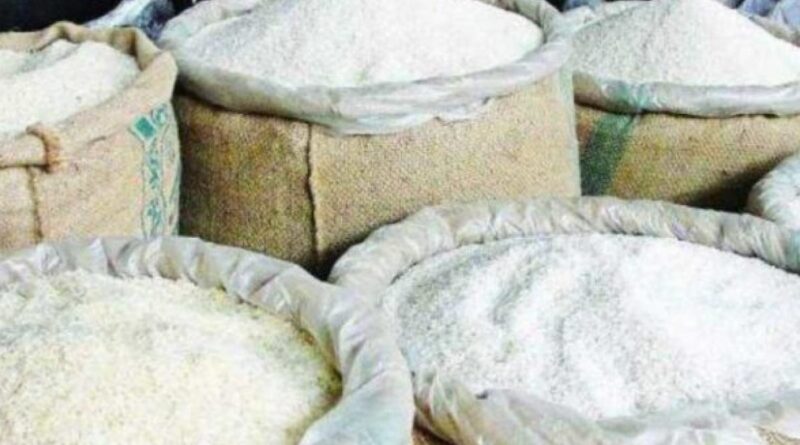Germany launches US$2.9M initiative to boost climate-smart rice production in Nigeria
The German government has launched the Carbon Offsetting Rice Emissions (CORE) Project, a €2.5 million (US$2.9M) initiative aimed at supporting 12,000 smallholder farmers in Benue, Nasarawa, and Kano states to adopt climate-smart rice farming practices.
The three-year project, running from 2024 to 2027, is funded by the German Federal Ministry for Economic Cooperation and Development (BMZ) and implemented by Deutsche Gesellschaft für Internationale Zusammenarbeit (GIZ) GmbH in partnership with Olam Agri.
The CORE Project seeks to reduce greenhouse gas (GHG) emissions, particularly methane, from rice cultivation while enhancing agricultural innovation and sustainable development in Nigeria’s rice sector.
Speaking at the launch in Abuja, Johannes Lehne, Deputy Head of Mission at the German Embassy in Nigeria, emphasized the project’s role in promoting sustainable agricultural practices.
“This initiative will empower smallholder farmers to adopt climate-smart rice cultivation techniques that not only reduce emissions but also pave the way for their participation in carbon markets, fostering long-term development,” Lehne stated.
The project promotes practices such as alternate wetting and drying (AWD) and the use of biochar to improve soil health and reduce methane emissions. These methods aim to conserve water, boost yields, and enhance rural livelihoods while addressing the environmental impact of rice farming, which accounts for approximately 33% of Nigeria’s agricultural GHG emissions due to methane from rice paddies.
Paul Nicholson, Senior Vice President of Rice at Olam Agri, highlighted the project’s alignment with food security and environmental goals. “The CORE Project reflects our commitment to sustainable agriculture. By linking farmers to carbon credit markets, we ensure they benefit financially from their efforts in climate-smart farming,” he said.
Olamide Fagbuji, Special Assistant to the President on Climate Change, underscored the urgency of the initiative, noting that Nigeria loses around US$100 million annually to climate-related flooding, with rice being one of the most climate-vulnerable crops.
“Agriculture contributes 25% to Nigeria’s GDP but accounts for a disproportionate share of emissions. Without innovation, the challenges of food insecurity and rising emissions will intensify,” Fagbuji warned. He urged stakeholders to scale the CORE model across Nigeria’s rice belts, emphasizing techniques like AWD, improved seed varieties, and low-emission irrigation.
The CORE Project is part of Germany’s broader commitment to climate finance, with the country contributing €9.94 billion (US$11.6B) globally in 2023 to support climate initiatives in developing nations.
This article has been republished from Millinf Middle East & Africa

